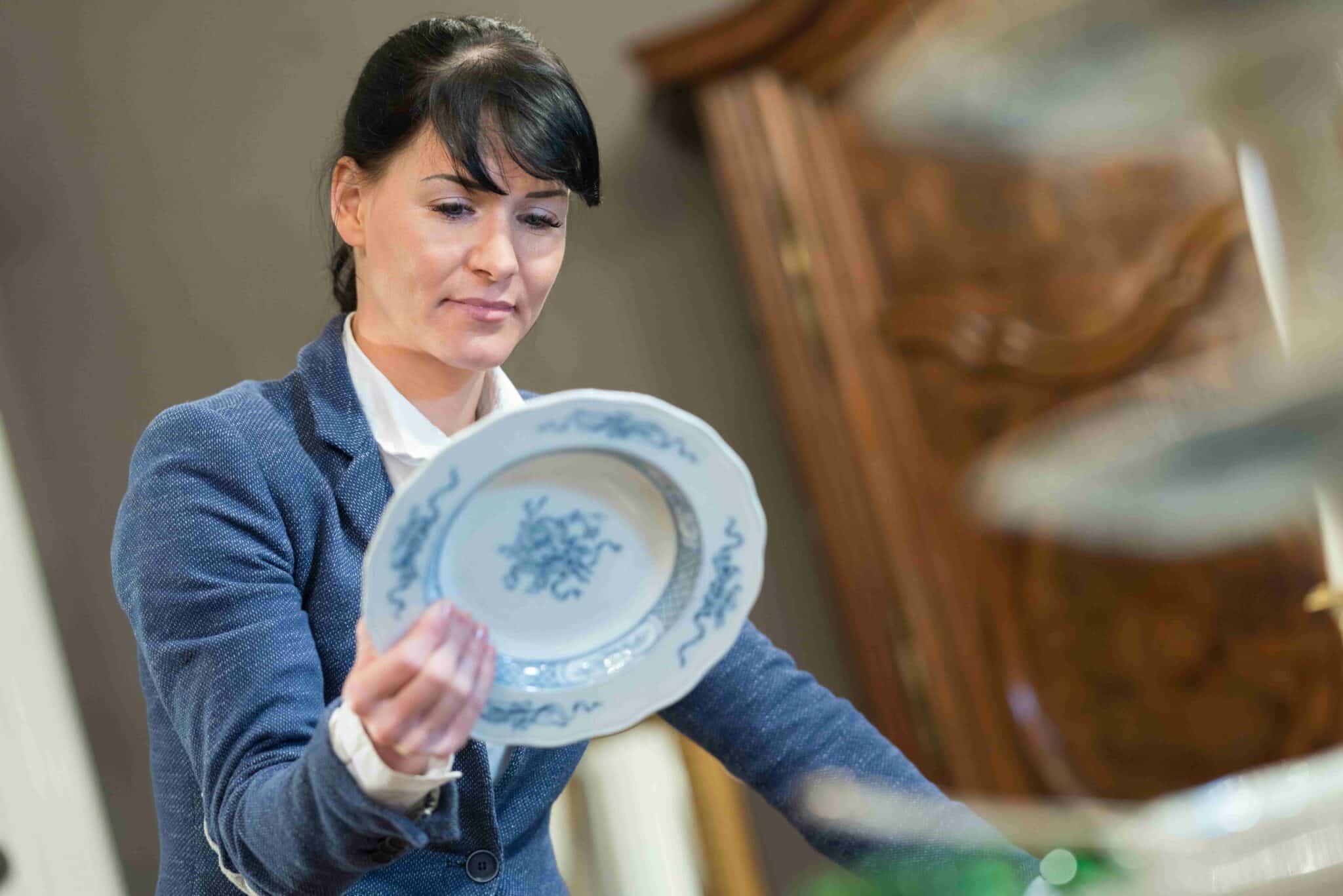Whether you hope to pay for long-term care by selling your stamp collection or are weighing the worth of an original piece of art to create an equal asset distribution plan for your heirs, knowing the value of your collectibles plays an important role in estate planning.
You may not have a baseball card that will fetch more than $12 million, but understanding the value of your collectibles, from fine art and rare automobiles to Beanie Babies and vinyl records, will serve you well in estate planning. Knowing the value of your collectibles allows you to make informed choices about what happens to those items after your death and avoid potentially costly tax burdens.
How to Determine the Value of Collectibles
So how do you know if your 1965 Barbie doll will pay your grandchild’s college tuition? According to valuation tips published in Love to Know, the first step is to learn as much as you can about the item. The collectible’s condition, if it’s still in its original packaging and identification marks should all be scrutinized. The item’s history and rarity also factor into its worth. For instance, did your Barbie belong to someone famous once or was it a limited edition?
After you’ve learned everything you can about the collectible, you can start researching its worth. Here are some resources:
- Online searches: Start with a search engine like Google to see if anything is written about the item or if similar items are listed for sale. Also look at the online auction website eBay to see what your collectibles, or similar ones, are being priced and sold for. There may also be online databases related to your collectibles, too. In addition, there are online valuation sites that charge a small fee for you to upload a photo and description of the item to receive a value estimate.
- Go to a professional: Certified appraisers will examine the collectible, conduct research and provide a written report about its worth. It’s best to consult a professional appraiser before taking the item to a store, dealer or auction house, as the appraiser is ethically bound to not make an offer to purchase the item. Find a professional appraiser through referrals or one who is certified by the American Society of Appraisers or other organizations. Some antique stores, collectible dealers and auction houses have professional appraisers available, but be sure whoever you take the item to for resale is reputable by researching them online first.
- Review other resources: There are pricing guides and collector’s books that provide detailed information about collectibles and their values. Many of these are available at local libraries.
Collectibles and Estate Planning
Once you understand the value of your collectibles, you can start making plans for them. Perhaps you want to earmark specific items for heirs who you know will appreciate the collectible for either sentimental or financial reasons. You may also be considering gifting items while you’re still alive or donating them to museums.
It’s important to consult with a knowledgeable estate planning attorney first to ensure that, whatever you decide to do with your collectibles, you are considering the IRS gift tax exclusion of $17,000 per person per year as well as potential capital gains taxes and other taxes.
Do you have questions about incorporating your collectibles into your estate plan? Request a consultation with the attorneys at Timothy Rice Estate and Elder Law Firm.


